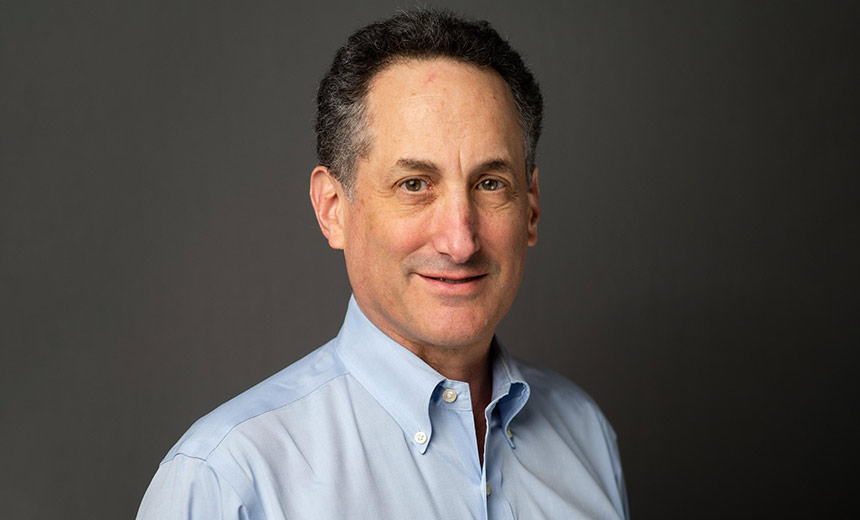The anonymity of cryptocurrencies has posed a significant challenge for the healthcare industry, leading to an increase in cyber attacks and legal disputes. David Hoffman, general counsel of Claxton-Hepburn Medical Center, expressed his frustration with the availability of anonymity in cyber currency transactions and the impact it has had on healthcare entities. In an interview with Information Security Media Group, Hoffman emphasized the detrimental effects of this anonymity, drawing a parallel to numbered anonymous Swiss bank accounts that were phased out due to their untenable nature.
Claxton-Hepburn Medical Center, along with its sister organizations, Carthage Area Hospital and North Country Orthopaedic Group, was targeted by the LockBit ransomware gang last summer, resulting in a ransomware encryption and exfiltration attack. Despite having their data backed up and successfully restored, the cybercriminals managed to steal North Star Health Alliance data, which was later discovered to have been transferred and stored on a server belonging to a Boston-based cloud services firm, Wasabi Technologies.
In an unexpected legal move, North Star Health Alliance filed a lawsuit against anonymous “John Doe” and “Jane Doe” LockBit ransomware threat actors in an effort to force the return of the stolen data by Wasabi Technologies. This strategic legal maneuver ultimately achieved its goal, leading to the return of the hospital’s stolen data. However, the healthcare facility is now in the process of analyzing the retrieved data to assess the extent of the compromise and the type of information that was affected during the incident.
Hoffman raised concerns about the prevalence of cyber attacks targeting hospitals and the need to reevaluate the benefits of anonymous cyber currency transactions. He emphasized the need to address the vulnerabilities exploited by cybercriminals and reiterated the importance of not tolerating such malicious activities.
In addition to discussing the lawsuit against LockBit, Hoffman delved into the complex legal, ethical, and business considerations that healthcare entities must navigate when responding to cyber attacks and extortion demands. He also highlighted the top cyber challenges facing the healthcare sector, shedding light on the multifaceted nature of the issues at hand.
As a healthcare lawyer and clinical ethicist, Hoffman is uniquely positioned to provide insights into the legal and ethical implications of cybersecurity threats within the healthcare industry. With his extensive experience in both legal practice and academia, he brings a wealth of expertise to the ongoing discussions surrounding the intersection of law, medicine, and ethics in the digital age.
The lawsuit filed by North Star Health Alliance serves as a compelling example of the proactive measures taken by healthcare entities to address the impact of cyber attacks. As the industry continues to grapple with evolving cybersecurity threats, the insights shared by Hoffman offer valuable perspectives on navigating the intricate landscape of cybersecurity within healthcare.
